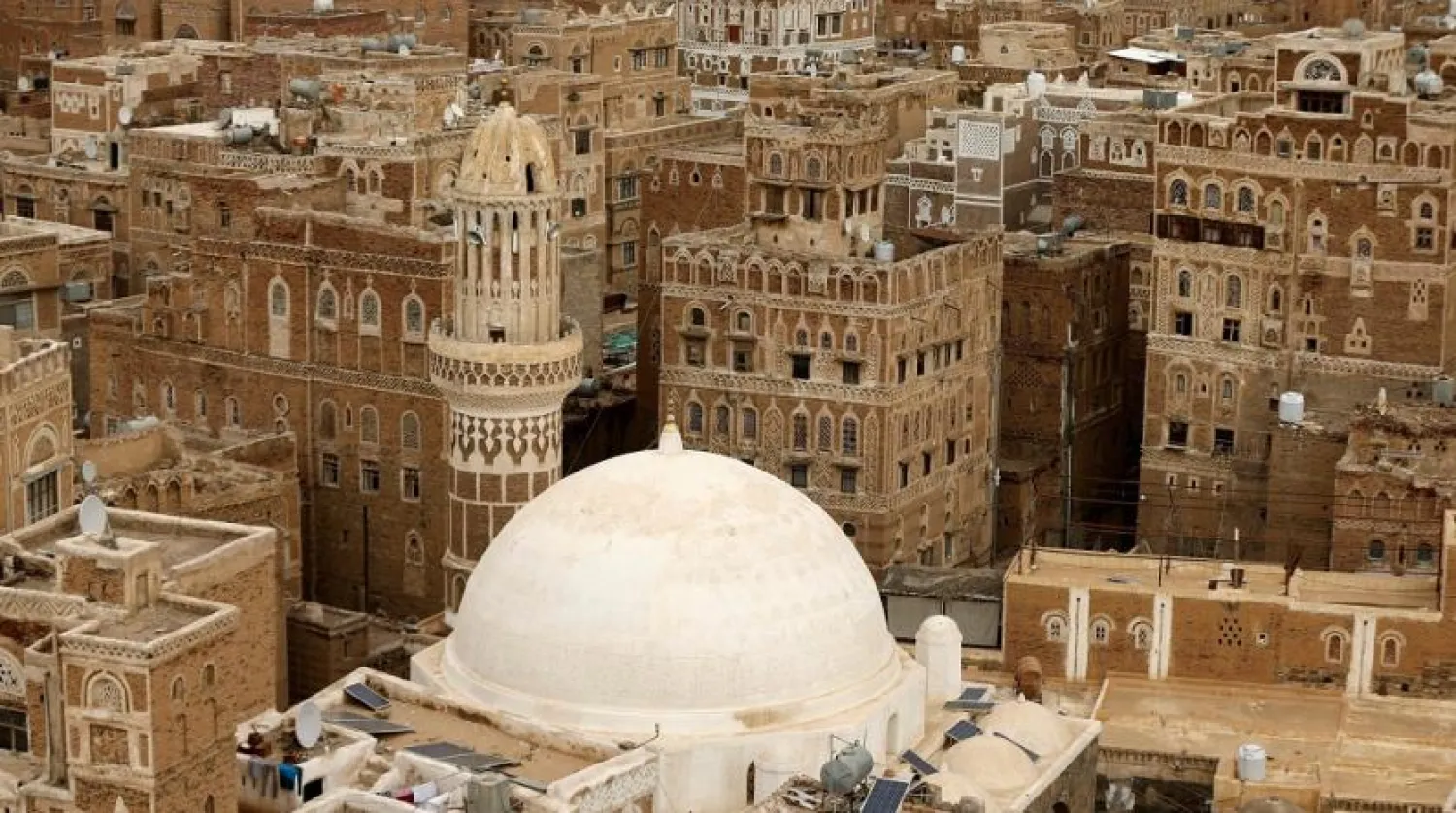Dozens of medics and nurses working at the Al-Thawra Modern General Hospital in the Houthi-held Yemeni capital, Sanaa, have protested against the Iran-backed militias’ oppression, local sources told Asharq Al-Awsat.
Late last week, Al-Thawra staffers staged a demonstration to voice their discontent with the Houthi violation of their rights.
The rallied across local neighborhoods near the hospital, demanding that they receive their share of revenues the Houthis are collecting from their services, the sources revealed.
They also expressed their total rejection of all practices instilled by Ali Hajaf, who was appointed by the Houthis as Al-Thawra’s chief of medicine.
For years, the Houthis have channeled the hospital staffer’s income to their war effort and have gone beyond the pale in their harassment of Sanaa medics and their families.
Despite the militias’ threats to dismiss, arrest and imprison them, many protesters vowed they would continue to stage marches until their financial dues are met, and systematic injustice and oppression are ended.
Moreover, an official at the hospital’s staff syndicate urged all employees, union leaders and health sector employees to join their fellow protesters to press for rights.
Al-Thawra is one of the largest public hospitals in Yemen, and it enjoys substantial financial support.
However, since the Houthi coup, it has been the victim of multiple lootings ordered by senior officials in the militias.
Since early 2021, the Houthis have stepped up their targeting of hundreds of doctors and workers at Al-Thawra and other government hospitals in the areas they control.
Not only did the Houthis loot Al-Thawra’s finances, but they have also limited the health center’s services to exclusively treat wounded and sick combatants or those who would pay more than the average medical fee.









